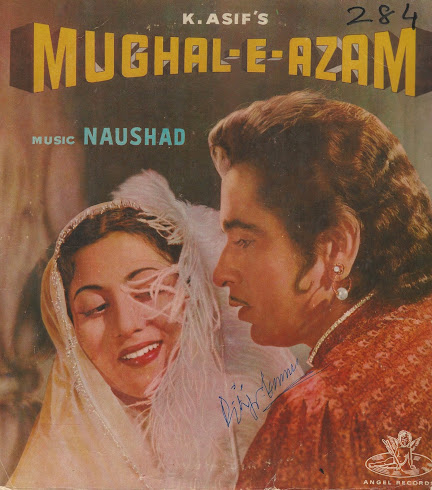Nepotism : The answer lies in technology
Nepotism : The answer lies in Technology
In his widely read research work, Management guru Michael Porter, has talked about competitive strategies that make successful companies. He states that one key competitive strategy that makes companies successful and command high valuations on stock market is creation of entry barriers against new entrants. These barriers could be :
- Denial of access to customers/vendors
- Network effect
- Brand loyalty
In film industry, all the above are essentially bye-products of the current buzzword ‘nepotism’. So if building entry barrier is lauded by consultants and stock markets, should that really be a matter of concern? Before we answer that, a quick look at the history of the reward system in the film trade.
During the single screen era without big stars, producers would struggle to get distributors. Directly releasing the film meant an additional risk of high theatrical rentals for the producers. The reward system of the film trade, therefore, did not provide a level playing field to the producers of content-based films with smaller talent (actors/makers/writers/composers).
Multiplexes tried to solve the above by offering an assured and a transparent share of the box office producers of all films. While it solved the problem of dealing with non-transparent distributors and of high theatre rentals but justice was still far away. The producer’s share of box office was high only for the first two weeks but for subsequent weeks it was substantially low. Big talent films could generate big pre-release hype and therefore would earn large box-office collections during the first two weeks. But since content-based films worked only through word-of-mouth publicity, it would draw crowd during third week and beyond. However, for those weeks producer’s share of box office collection was very low.
So the market imperfections again deprived level playing field to content-based films. The monopoly of big producers and big talent, therefore, continued.
History has proven that monopolistic powers and market imperfections have more often than not been subsided by technology. So, whether it was the demise of Kodak’s dominance in film rolls by digital medium, OR be it demolition of stock brokers’ hegemony and non-transparency by screen-based trading, OR be it the displacement of expensive Money Order by electronic transfers, everywhere it was the technology that had supported the cause of the smaller player.
Fortunately, for smaller talent, technology based distribution platform – OTT ( Over The Top ) – has the potential to play the role of the leveler against market imperfections.
Currently, the OTT acquisition price for any content is based on OTT’s estimate of the content’s estimated viewership and NOT on the content’s actual viewership, so even this structure is not very fair to content-based films with smaller talent. However, if OTTs could work out a revenue formula wherein producers receive royalties based on the actual viewership levels then we will have a very fair and a level playing trade structure which would be independent of the pedigree of the talent.
Since OTTs offer a long window of viewership, access to audiences across the world and extremely low distribution cost, content-based films will have a huge opportunity to earn their fair share of royalties over a long period and from across the world.
While a few OTTs do offer the above structure but the same is not widely open to all producers. Once the same is in place, small producers could simply list their films on one or more of these online multiplexes (OTTs) and generate royalties based on actual choice of consumers. OTTs would also benefit as they will have much lower risks. And benefits do not end here. With such a fair and transparent royalty structures, producers could - instead of a fixed fee to artists/writers/composers – offer them share of royalties received from OTTs. This, therefore, also means that a filmmaker’s ability to make good films will no more be restricted by his finances.
The fight against market imperfections like nepotism, therefore, lies not in criticizing them but in making them irrelevant.
Lastly, if absence of level playing field is largely as issue related to structure of film trade, should it really concern everyone ?
The concern becomes visible when one understands the larger role of cinema. While it is true that cinema is a business - business of entertainment - and therefore like any other business, market players should be free to develop and practice their own competitive strategies ; but for the society, cinema is also a custodian of art. Market imperfections not only deny art a fair share of revenues but also deny art the access to consumers – and this is extremely pertinent. Cinema ( including TV serials/web series ) are the vehicles on which art and literature rely to move from generations to generations – and more so when the reading habits are falling. Only when art and literature survive, can the society expect to grow intellectually.
- Deepesh Salgia
Creative and Strategic Vision - Mughal-e-Azam : The Musical




Bang on
ReplyDeleteFilm industry is an industry and every actor or producer or director etc are business entity and like in any other business they have the right to create strategies that would help them survive and grow, and if it means cartelization why not.
Nepotism can be seen everywhere else but we name it as tie ups, mergers etc.
Hence I dont see anything wrong in a strong brand bullying a weak brand....everyone should adapt and make their own strategies to survive.
I also like your bit about technology playing an important role in creating better content and how a good content will result in better art and literature...leading to a much evolved society.
As I have mentioned earlier too, I am a big fan of your writing....wonderful writeup